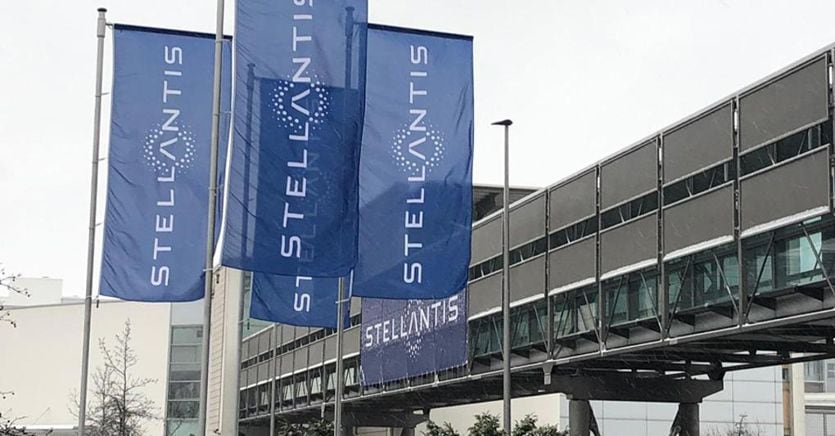For the Italian plants of Stellantis this is the most serious semiconductor crisis ever recorded. A sort of “perfect storm” that first touched Pomigliano, then the Sevel pole in Atessa and which has now also blocked the reopening of Melfi, the largest of the Group’s plants in Europe. The forecasts for September are black: the reopening postponed to 13 September, production can only be guaranteed for five days, then it will be necessary to stop due to lack of electronic components. Procurement difficulties along the supply chain are therefore threatening a sector that is struggling to recover after the pandemic.
The shortage of semiconductors then risks upsetting the internal balance at the same plant, where the solidarity contract for over 7,000 employees is in force. The forced stop in September could lead to a suspension of the CDS to switch to ordinary layoffs, and then reconsider the situation starting from the end of September. The same organization of work over 18 shifts is likely to pass steadily to 15, without work on the weekend.
Loading…
In 2020, the production of Melfi alone represented half of the cars produced by Stellantis in Italy, as revealed by the latest Fim-Cisl report. The figure is also confirmed in the first half of 2021, with 46.3% of the cars produced in the Italian factories under assets. In absolute value, these are 112,976 cars, with an increase in production for the Lucanian plant, from January to June, of 37.5% compared to 2020, but still below 26% compared to the first half of 2019, the pre- covid, when production reached 152,767 units.
The situation of Sevel is also complex, where this week the unions will decide the date of the strike announced against the risk of a non-renewal of the contract for about 700 employees. This would be the first unitary strike on employment and future prospects within the Group, after the signing of the company collective agreement which effectively split the trade union front.
The effects of the lack of electronic components on armature and engine factories are then cascading, with news relating to the slowdown in the production of engines in the Termoli plant that are already arriving in these hours.
